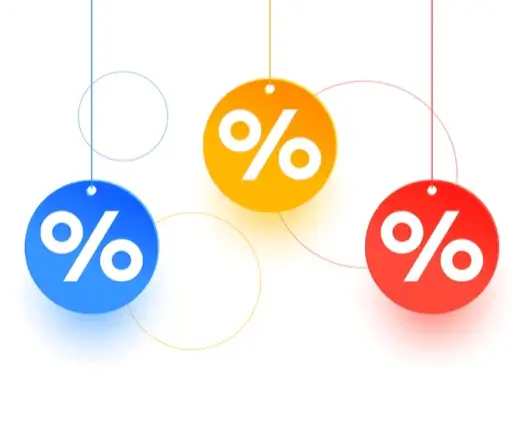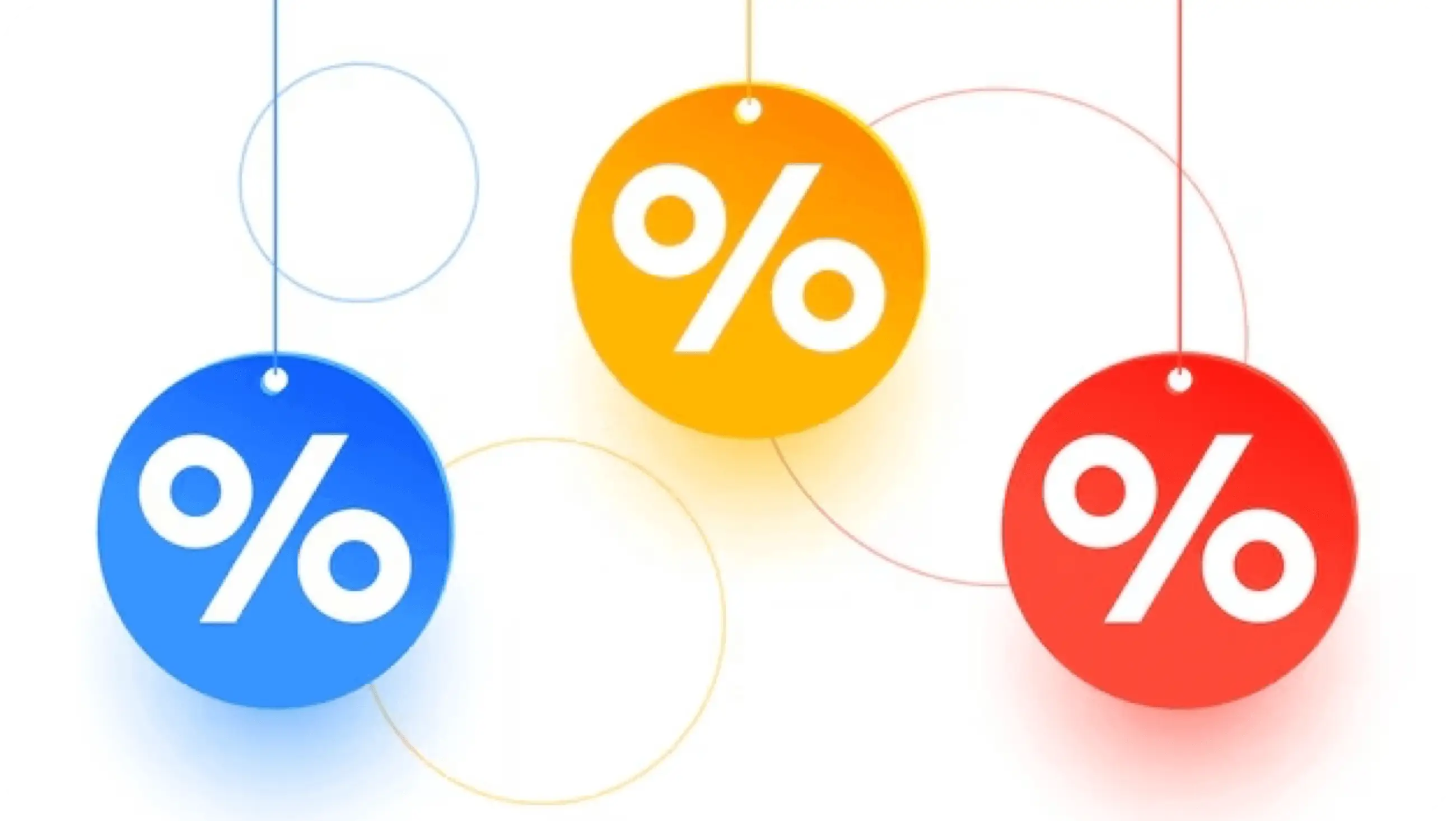Alejandro Luis Magsaysay · 28/12/2024

Some useful tips about borrowing and lending.
In today's financial environment, lending activities are becoming
increasingly frequent. Whether it is an individual satisfying
their needs for living consumption, education, and medical
treatment, or a business expanding its operations and purchasing
equipment, they may all involve lending behaviors. Therefore,
understanding lending-related terms is crucial for every
participant, as it can help us make more informed decisions and
avoid unnecessary financial risks and disputes.
Ⅰ. Principal
The principal is the basic amount of a loan transaction, which is
the actual amount of funds the borrower receives from the lender,
or the total amount of funds the lender initially lends. For
example, if you apply for a commercial loan of 500,000 pesos in a
bank in the Philippines, this 500,000 pesos is the loan principal.
In terms of savings, if you deposit 200,000 pesos in a fixed
deposit at a local bank, this 200,000 pesos is also the principal.
The size of the principal directly affects the calculation of
subsequent interest and the total amount of repayment, and is one
of one of the most basic elements in the lending relationship.
Ⅱ. Interest
Interest is the remuneration paid by the borrower to the lender
for the use of the principal, and also the income obtained by
depositors when they deposit funds in the bank. Its calculation
usually depends on the principal, interest rate, and the loan or
deposit term. In the Philippines, there are two common ways to
calculate interest: simple interest and compound interest. The
calculation formula for simple interest is: interest = principal ×
annual interest rate × loan term.
While compound interest is to add the interest of each period to
the principal and then calculate the interest of the next period.
In this way, interest will increase exponentially over time, which
can make the capital realize faster appreciation, but when
borrowing, it also means that you need to pay more interest
expenses.
III. Interest Rate
Interest rate refers to the ratio of the amount of interest to the
amount of borrowed funds (principal) in a certain period, which
reflects the cost of capital use or the level of income. In the
Philippines, interest rates take various forms, including annual
interest rates, monthly interest rates, and daily interest rates,
and they may vary depending on factors such as the type of loan or
deposit, the duration, the degree of risk, and the market supply
and demand relationship.
IV. Equal Monthly Installment (EMI) and Equal Principal
Installment
Equal installments is one of the common loan repayment methods in
the Philippines. Under this method, the borrower repays a fixed
amount of loan each month, which includes both principal and
interest. Although the monthly repayment amount is fixed, in the
early repayment period, the proportion of interest is relatively
large, and the proportion of principal is relatively small. As
time goes by, the proportion of principal gradually increases, and
the proportion of interest gradually decreases.
The equal principal repayment method divides the total loan amount
equally, and repays a fixed principal amount each month, as well
as the interest generated by the remaining loan in that month.
Since the principal repaid each month is fixed, and the interest
decreases month by month as the principal decreases, the total
repayment amount each month decreases month by month.
Overall, the total interest paid in the equal principal method is
relatively less than that in the equal installments method, but
the repayment pressure in the early stage is relatively large.
Borrowers need to choose a suitable repayment method according to
their own financial situation.
V. Unsecured Loan and Secured Loan
In the Philippines, credit loans are mainly issued based on the
borrower's credit status, without the need to provide collateral.
Banks or financial institutions usually comprehensively evaluate
factors such as the borrower's income stability, credit score, and
employment history to determine the loan amount and interest rate.
A mortgage requires the borrower to provide certain collateral,
such as real estate, land, vehicles, etc., as a guarantee for the
loan. If the borrower fails to repay the loan in full and on time,
the lending institution has the right to dispose of the collateral
according to law to recover the loan principal and interest. Since
there is collateral as a guarantee, the risk of a mortgage is
relatively low, so the loan amount is often higher, and the
interest rate is also relatively lower.
VI. Default and Collection
Overdue refers to the situation where the borrower fails to repay
the loan according to the repayment time and amount stipulated in
the loan contract. In the Philippines, once overdue occurs, the
borrower not only has to bear additional overdue interest and late
fees, but also may face the risk of damaging their credit record.
Overdue records will be reported to the local credit bureau in the
Philippines, which will have a negative impact on the borrower's
future borrowing, credit card applications, renting, and even
employment.
Collection is a series of measures taken by lending institutions
to recover overdue loans. Common collection methods include
telephone collection, SMS notification, door-to-door visits, and
legal proceedings, etc. When facing collection, borrowers should
understand their legal rights and interests, actively communicate
and negotiate with lending institutions, and seek reasonable
repayment solutions to avoid getting into unnecessary legal
disputes and financial difficulties due to overdue repayment.
Understanding these loan-related terms is the foundation for
smoothly conducting loan activities in the Philippine financial
market. Whether for personal life development or business
expansion, a clear grasp of these concepts can enable us to treat
loan behavior more rationally, avoid blind borrowing and falling
into the trap of bad debt, thus better realizing our financial
goals and life plans, and ensuring our economic life in the
Philippines is stable and orderly.
















